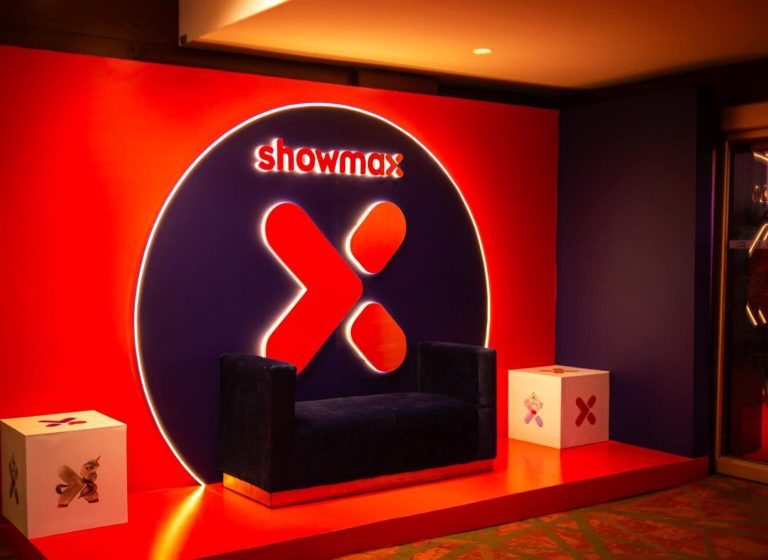The French media conglomerate Canal+ is actively exploring the acquisition of Comcast’s remaining 30 per cent stake in Showmax, Africa’s leading streaming service, as part of a broader strategy to unify its continental operations under a single banner. This potential move follows Canal+’s recent completion of its takeover of MultiChoice Group, Showmax’s majority owner, in a landmark deal valued at around €1.72 billion, as reported by Advanced Television. Sources close to the discussions indicate that Canal+ has engaged financial advisers to assess the feasibility of the purchase, though deliberations remain at an early stage with no certainty of a final agreement materialising.
Showmax, relaunched in February 2024 through a joint venture between MultiChoice and Comcast’s NBCUniversal, has solidified its position as the continent’s premier video-on-demand platform, boasting over 2.1 million paying subscribers across 44 African countries by the end of 2023—surpassing Netflix’s 1.8 million in the region, according to market research firm Omdia cited in Rest of World. The service’s success stems from its heavy emphasis on localised content, with nine out of the top ten most-streamed titles in 2024 being African originals such as the drama series Adulting and the reality show The Mommy Club, the sole exception being HBO’s House of the Dragon. This approach resonates deeply with Africa’s youthful demographic, where the population is the world’s youngest and fastest-growing, driving demand for culturally relevant entertainment amid rising broadband penetration.
Comcast entered the fray in 2023 by acquiring its minority interest via NBCUniversal, infusing Showmax with cutting-edge technology from its Peacock platform and a library of international hits from NBC and Sky. This partnership not only enhanced the service’s backend infrastructure but also expanded its content slate to include blockbuster films like Despicable Me 4 and Dune: Part Two, alongside a record 97 original productions in 2024. As detailed in Showmax Stories, the platform’s subscriber base grew by 50 per cent year-on-year through early 2025, with mobile devices accounting for an estimated 75 per cent of viewing hours, reflecting the mobile-first habits of African users.
Canal+’s interest in full ownership aligns with its aggressive push into Africa’s digital entertainment landscape, where the streaming market now hosts over 560 services and is projected to reach 16 million paying subscriptions by 2029, per forecasts from Digital TV Research. By consolidating control, Canal+ could streamline content acquisition, pricing strategies, and marketing efforts, potentially bundling Showmax with its DStv and GOtv linear TV offerings to create a ‘super app’ that integrates live sports, on-demand series, and localised news. Techpoint Africa notes that this would accelerate expansion, allowing for exclusive deals and deeper integration across Canal+’s 40 million subscribers in nearly 70 countries spanning Europe, Africa, and Asia.
The timing could not be more strategic for Canal+, which finalised its acquisition of MultiChoice on 13 October 2025, securing 94.39 per cent of the shares and triggering a compulsory buyout of the remainder under South African law. This paved the way for MultiChoice’s delisting from the Johannesburg Stock Exchange on 10 December 2025, transforming it into a wholly owned subsidiary. Deadline reports that Canal+ is simultaneously advancing plans for a secondary inward listing on the JSE, underscoring its commitment to the African market and aiming to attract local investors to the enlarged group. Leadership transitions have already taken shape, with Canal+ CEO Maxime Saada assuming the role of MultiChoice board chairman and former MultiChoice CEO Calvo Mawela shifting to oversee African operations.
Yet, challenges loom in a fiercely competitive arena where Showmax vies with global heavyweights like Netflix and Amazon Prime Video, both of which are ramping up local productions—Netflix alone has committed to hundreds of African titles. Affordability remains a hurdle, with data costs and economic pressures in markets like Nigeria and South Africa prompting innovations such as Showmax’s low-data mobile plans, which cap usage at 60 MB per hour. TelecomLead highlights that while subscriptions dominate 56 per cent of African streaming models, hybrid ad-supported tiers are gaining traction to broaden accessibility.
Should the buyout proceed, it could reshape content distribution on the continent, empowering Canal+ to invest further in pan-African originals in languages like Kiswahili, Yoruba, and isiZulu, as evidenced by recent additions such as the Tanzanian series Salaam Dar. Broadcast Media Africa emphasises how such localisation not only boosts engagement but also positions Showmax as a cultural touchstone, with over 60,000 titles available, though local fare constitutes just two per cent of the catalogue—a gap ripe for expansion. As Canal+ navigates this pivotal phase, the outcome will likely define the trajectory of streaming in Africa, balancing global scale with homegrown appeal to capture a market brimming with untapped potential.


